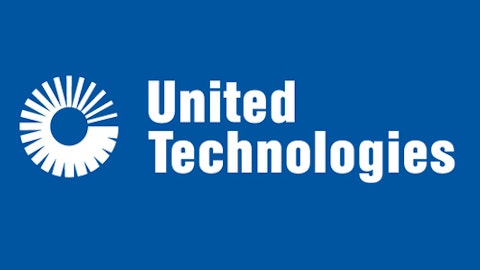I recently covered five reasons to love Devon Energy Corporation (NYSE:DVN) . As much as there is to love about this company, all investments have risks that need to be monitored. Here are three areas that Devon investors might want to watch.
It’s still a bit gassy
While Devon does have a fairly well balanced production mix, that production does tilt toward natural gas. In fact the company produces more than 2 billion cubic feet of natural gas each day, which is more than 3% of all the gas consumed in North America. That’s enough to rank the company fourth behind Exxon Mobil Corporation (NYSE:XOM), Chesapeake Energy Corporation (NYSE:CHK), and Anadarko Petroleum Corporation (NYSE:APC) . In total, about 60% of the company’s production is natural gas.

To be fair, Devon’s oil production was up 20% last year and its not investing any capital to grow its natural gas business. Instead, its allowing its gas production to decline and filling in that production with oil and natural gas liquids. However, some of that production is in another commodity selling at a discount.
The current commodity conundrum
You see, Devon also produces Canadian crude out of the oil sands. The problem is that the commodity, thanks to pipeline and refining constraints is cheap. That crimps its profits just like North American natural gas.
Now, there is hope on the horizon as new pipelines are coming online and rail is beginning to pick up the slack. However, in the near term, Canadian crude is priced at a big discount to U.S. benchmark West Texas Intermediate crude oil. Having not one but two unloved commodities has hurt Devon’s stock price and made it dirt cheap.
Repositioned or out of sorts?
Over the past few years Devon has repositioned the company from a global independent with operations both onshore and offshore to a focused North American onshore story. Usually, it is the other way around; only time will tell if that was the right move.
The asset sales brought more than $10 billion into Devon’s cash coffers, which it used to buy back shares, raise the dividend, and pay down some debt. It still has a little more than $7 billion in cash sitting on its balance sheet. What investors need to watch is to see if the company continues to use its balance sheet flexibility for the benefit of investors. A concern would be that the company goes out on a spending spree to move its way up the production charts simply for the sake of growth. My concerns here are very minor, but cash on the balance sheet does tend to draw attention and demands to “do something.” If Devon can resist these temptations and execute on its growth plans, then investors can cross this worry off their list.
My Foolish take
While these three areas should be watched, they are not likely to keep Devon investors up at night. The management team is focused on increasing its per-share results, meaning it has investors in mind in every decision it makes. It would be nice if all companies held investors in such high regard.
The article 3 Risks to Watch at Devon Energy originally appeared on Fool.com and is written by Matt DiLallo.
Fool contributor Matt DiLallo has no position in any stocks mentioned. The Motley Fool owns shares of Devon Energy and has the following options: Long Jan 2014 $20 Calls on Chesapeake Energy, Long Jan 2014 $30 Calls on Chesapeake Energy, and Short Jan 2014 $15 Puts on Chesapeake Energy.
Copyright © 1995 – 2013 The Motley Fool, LLC. All rights reserved. The Motley Fool has a disclosure policy.




